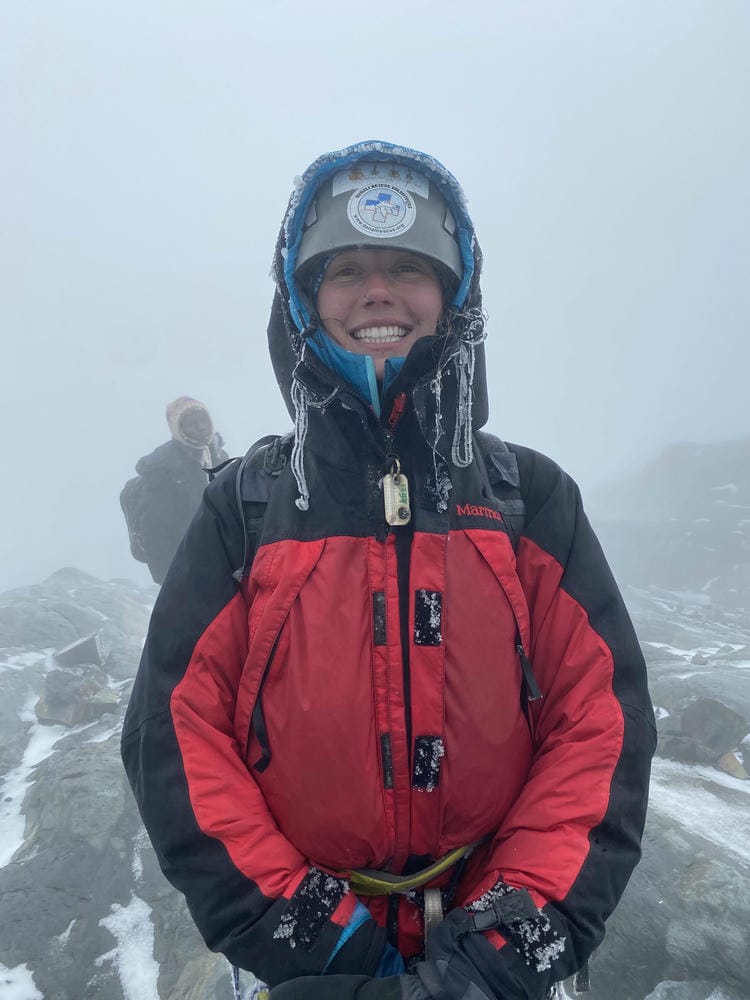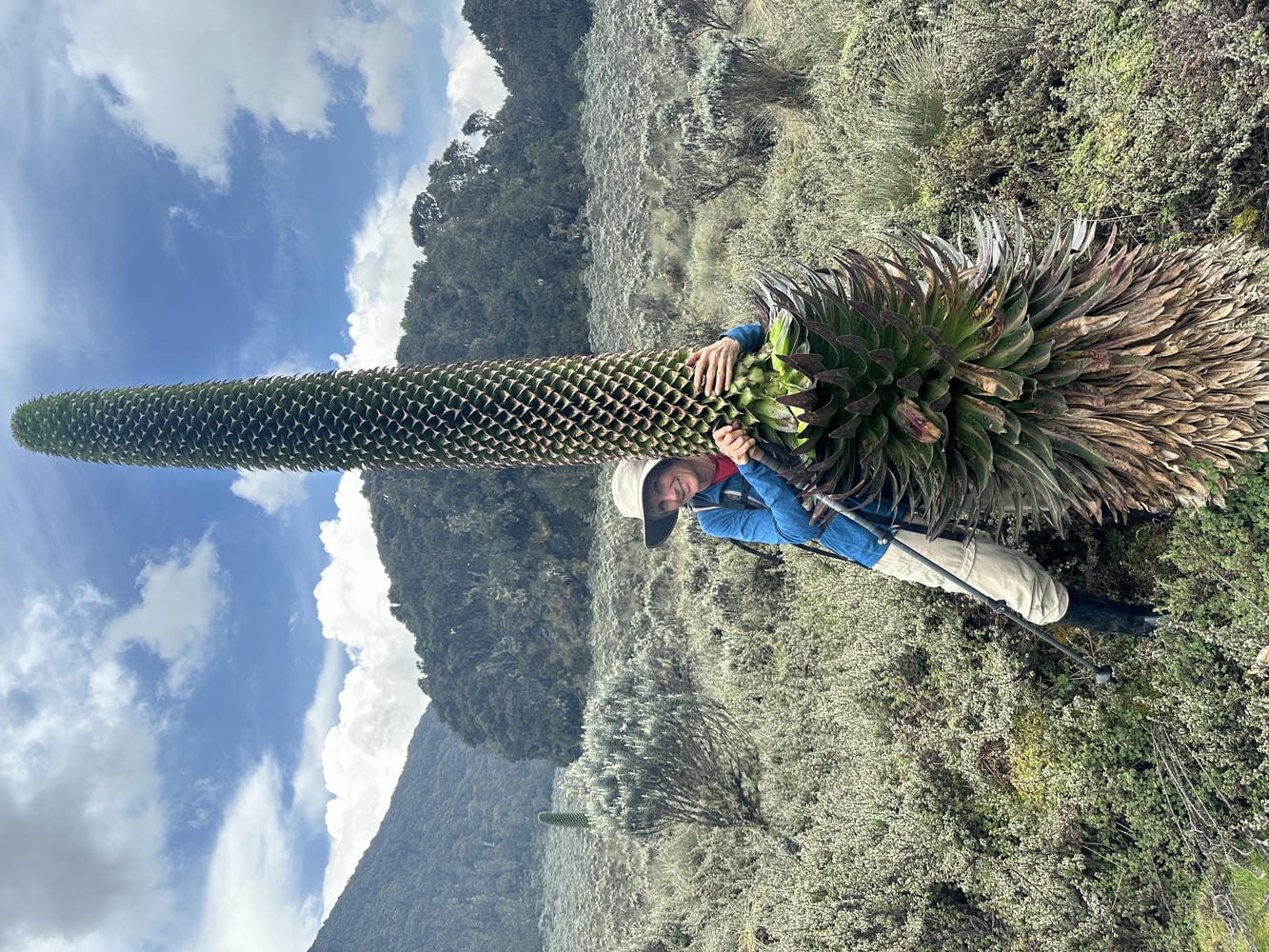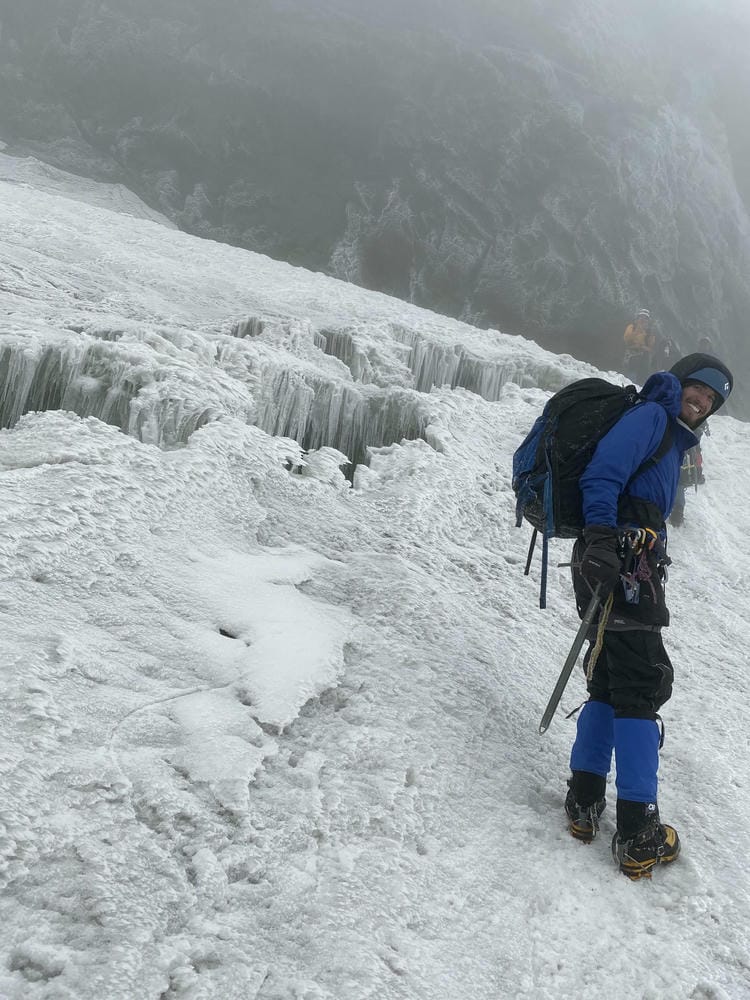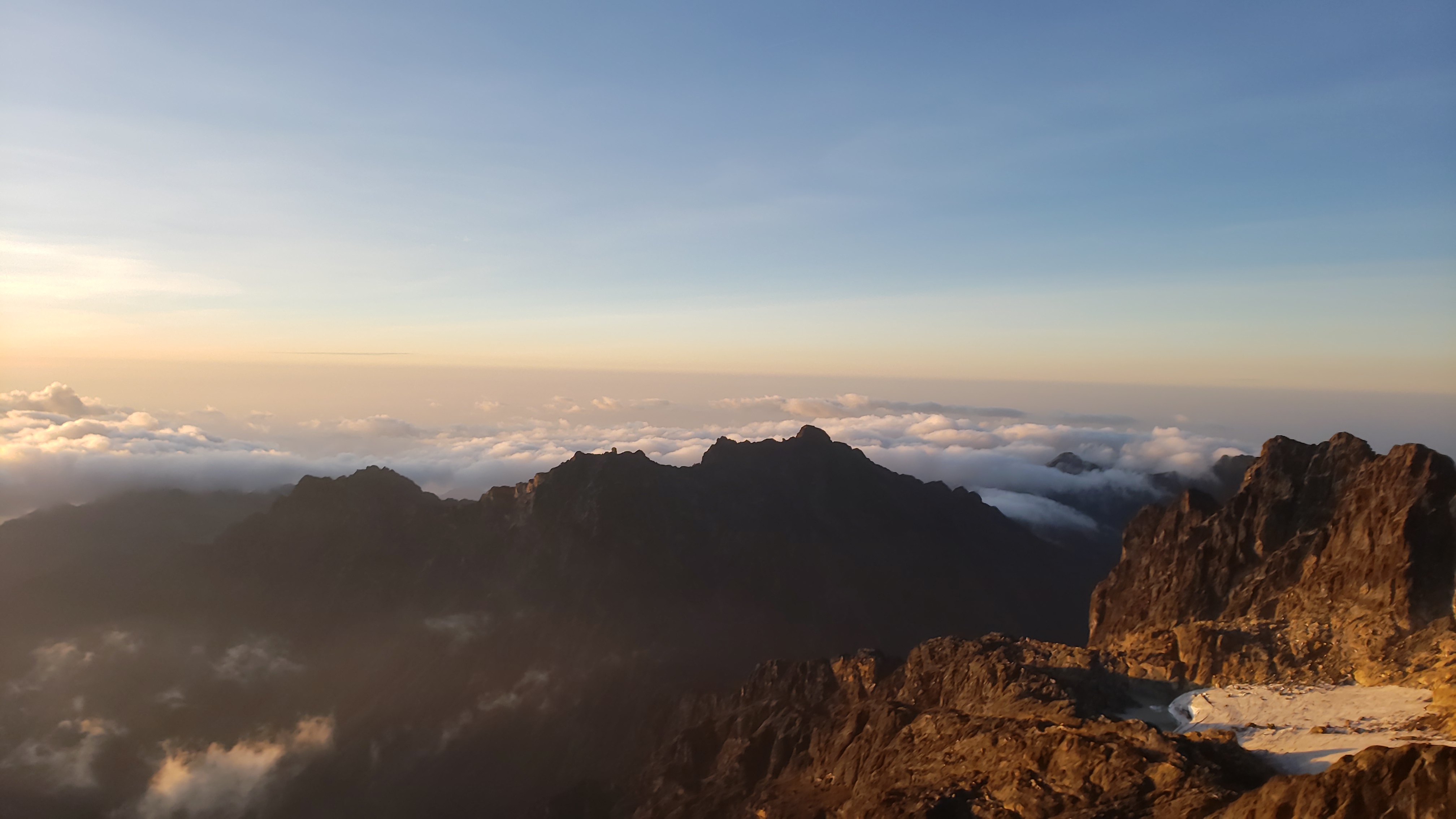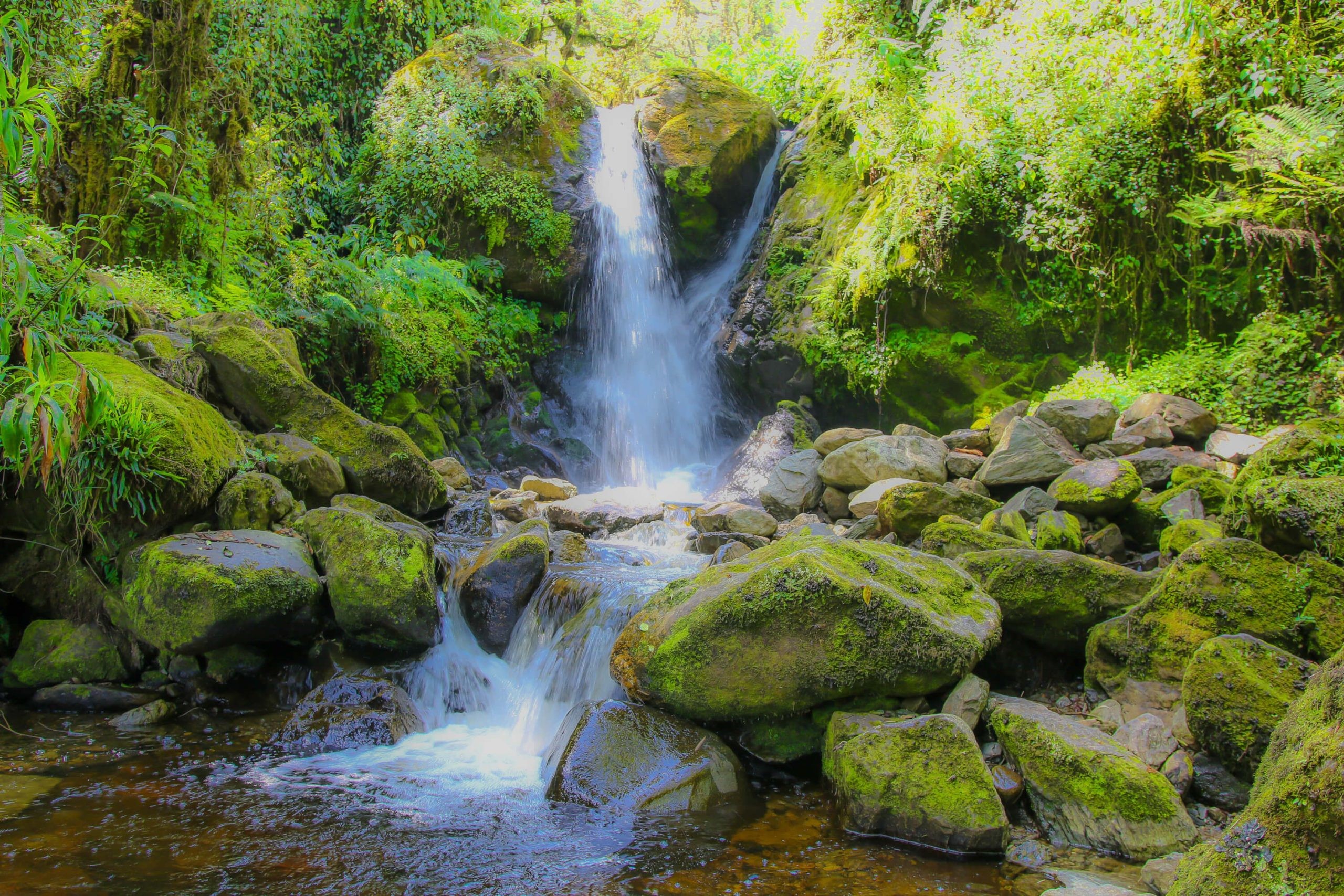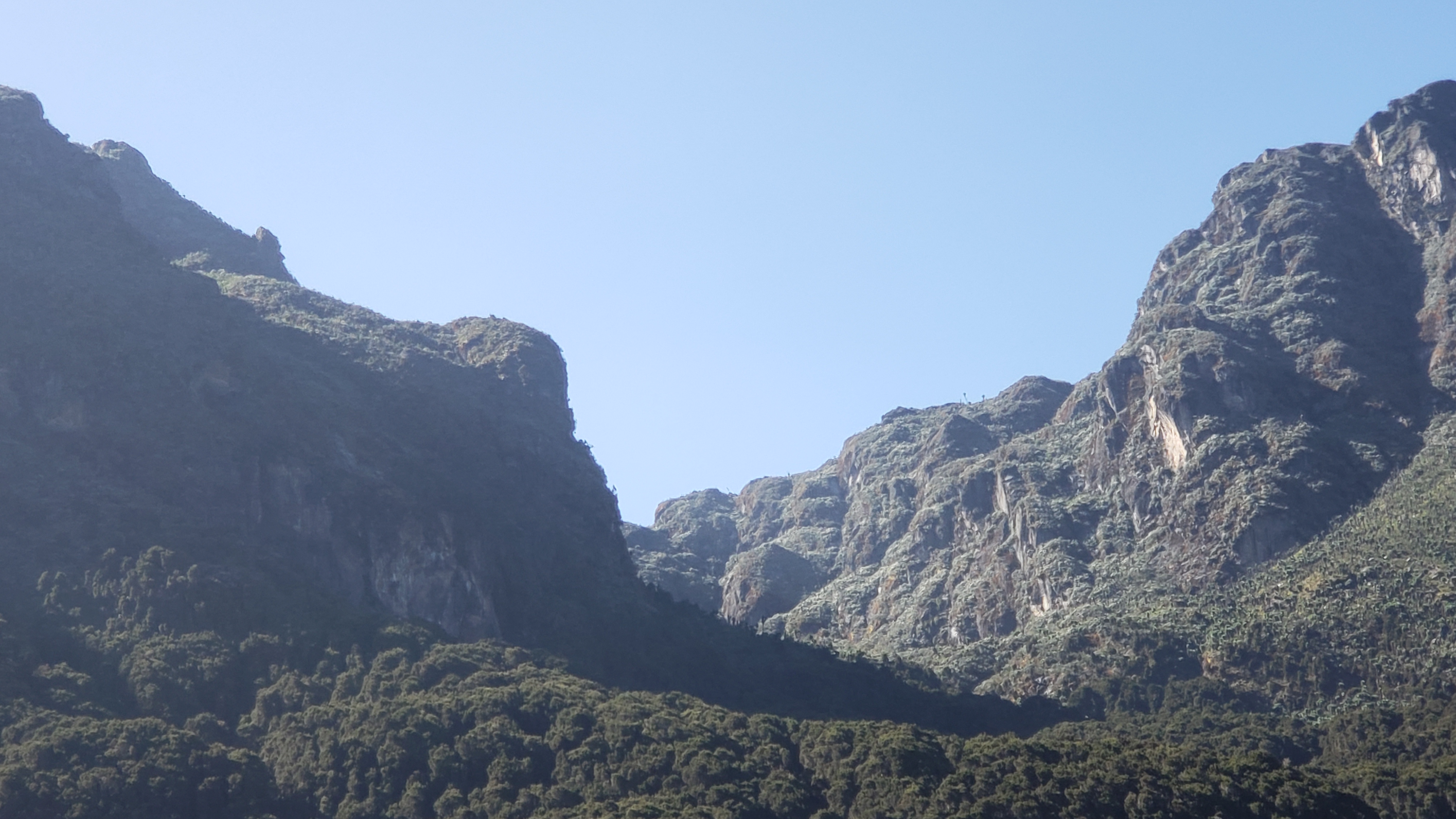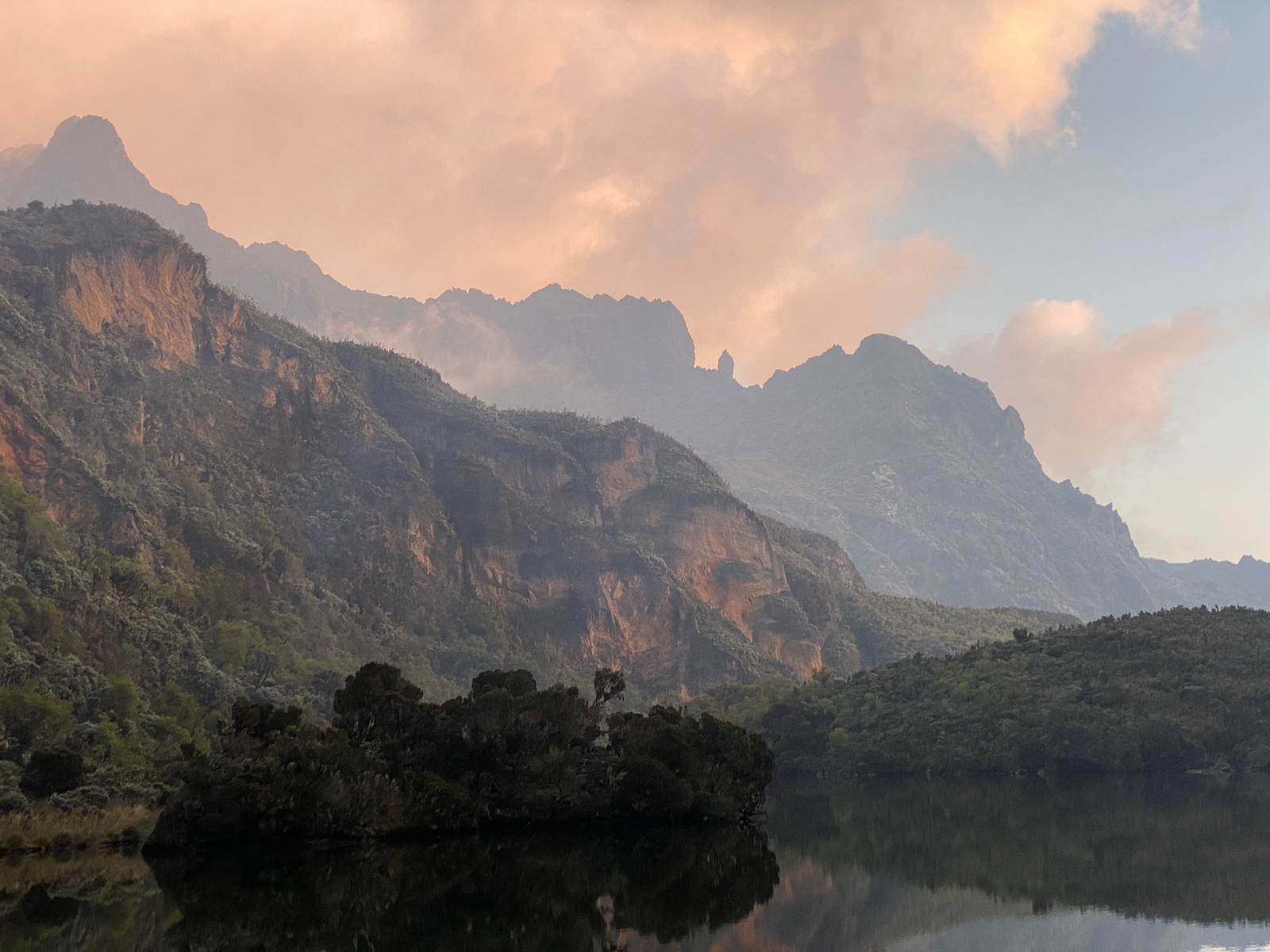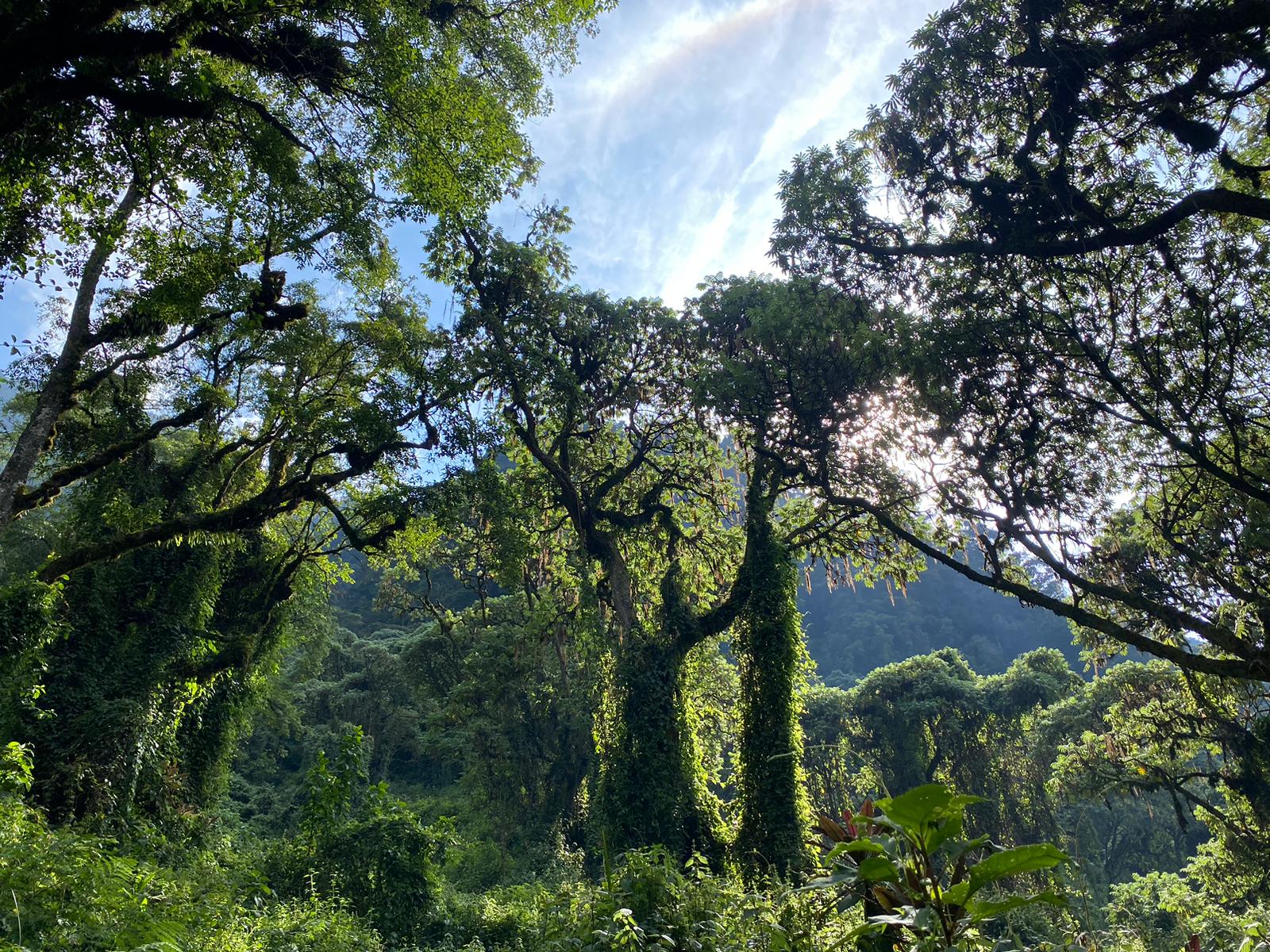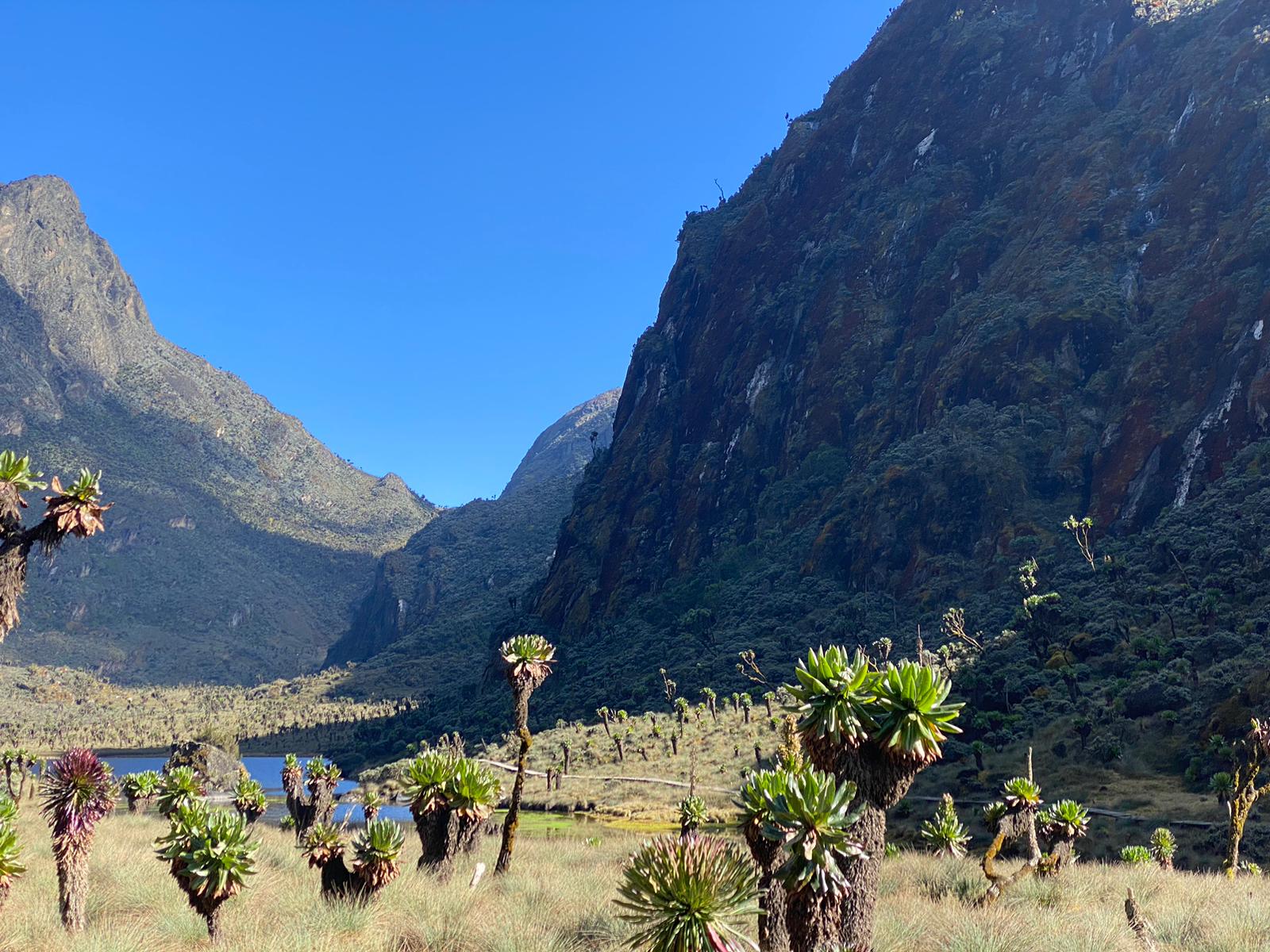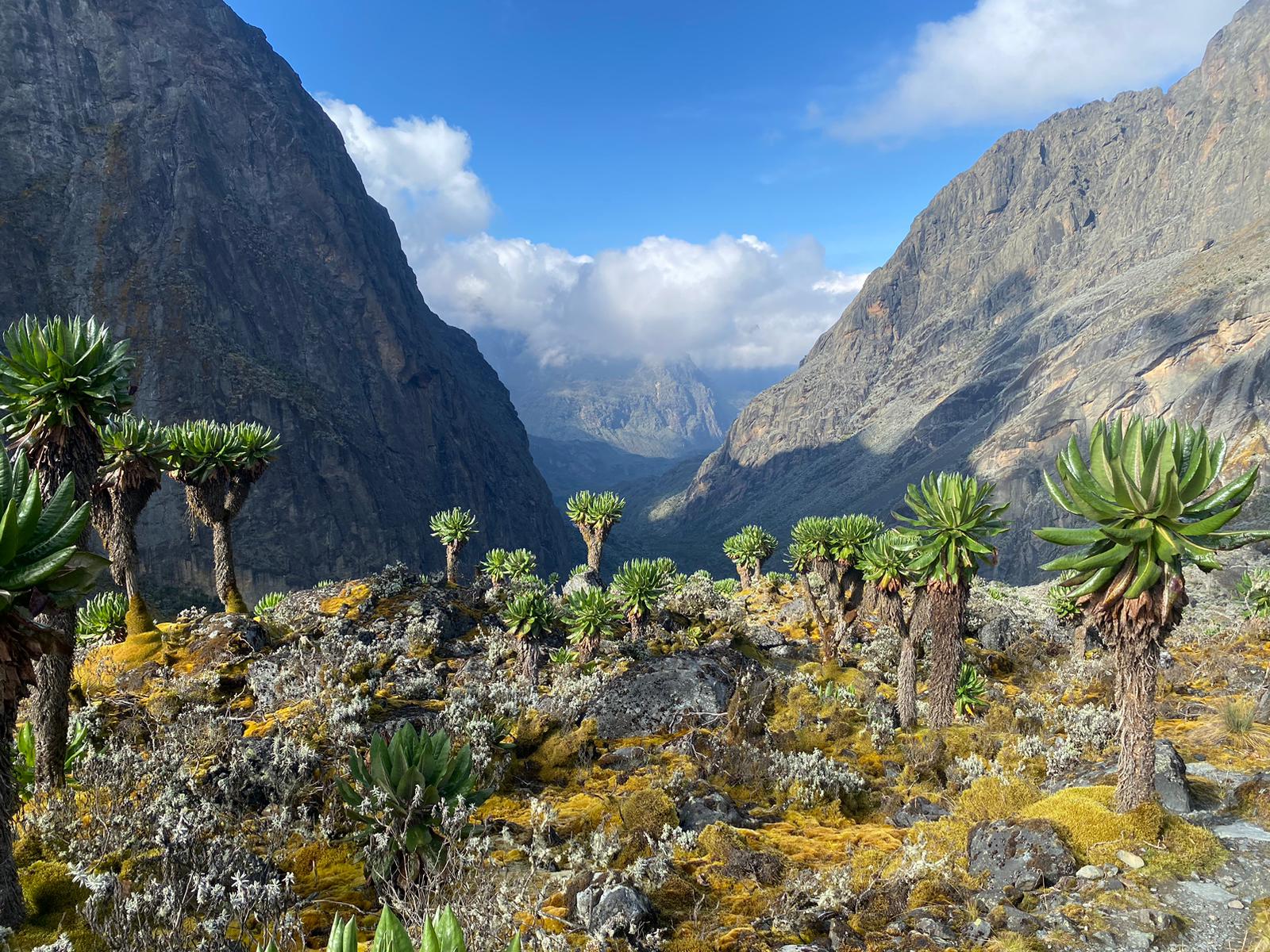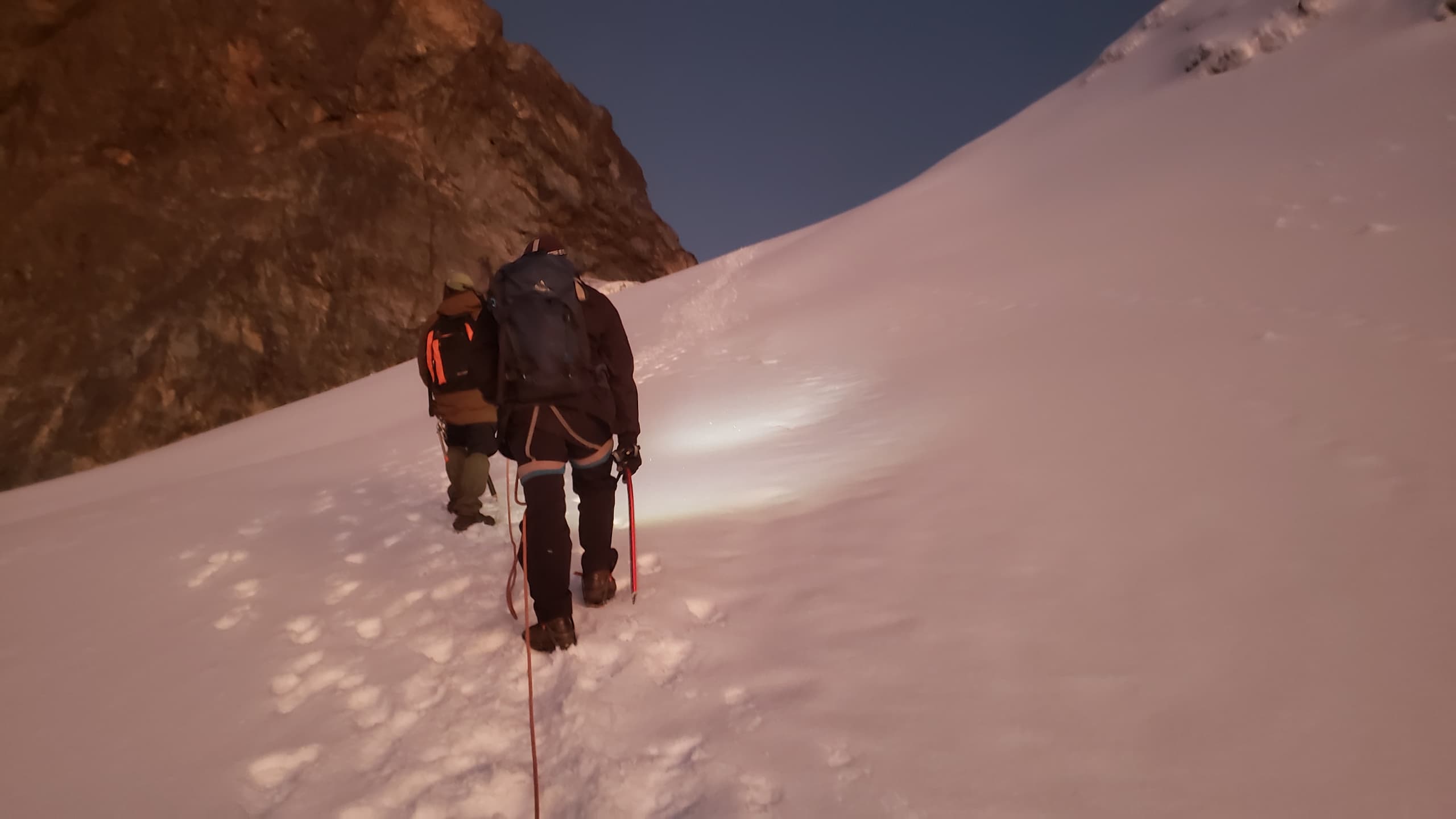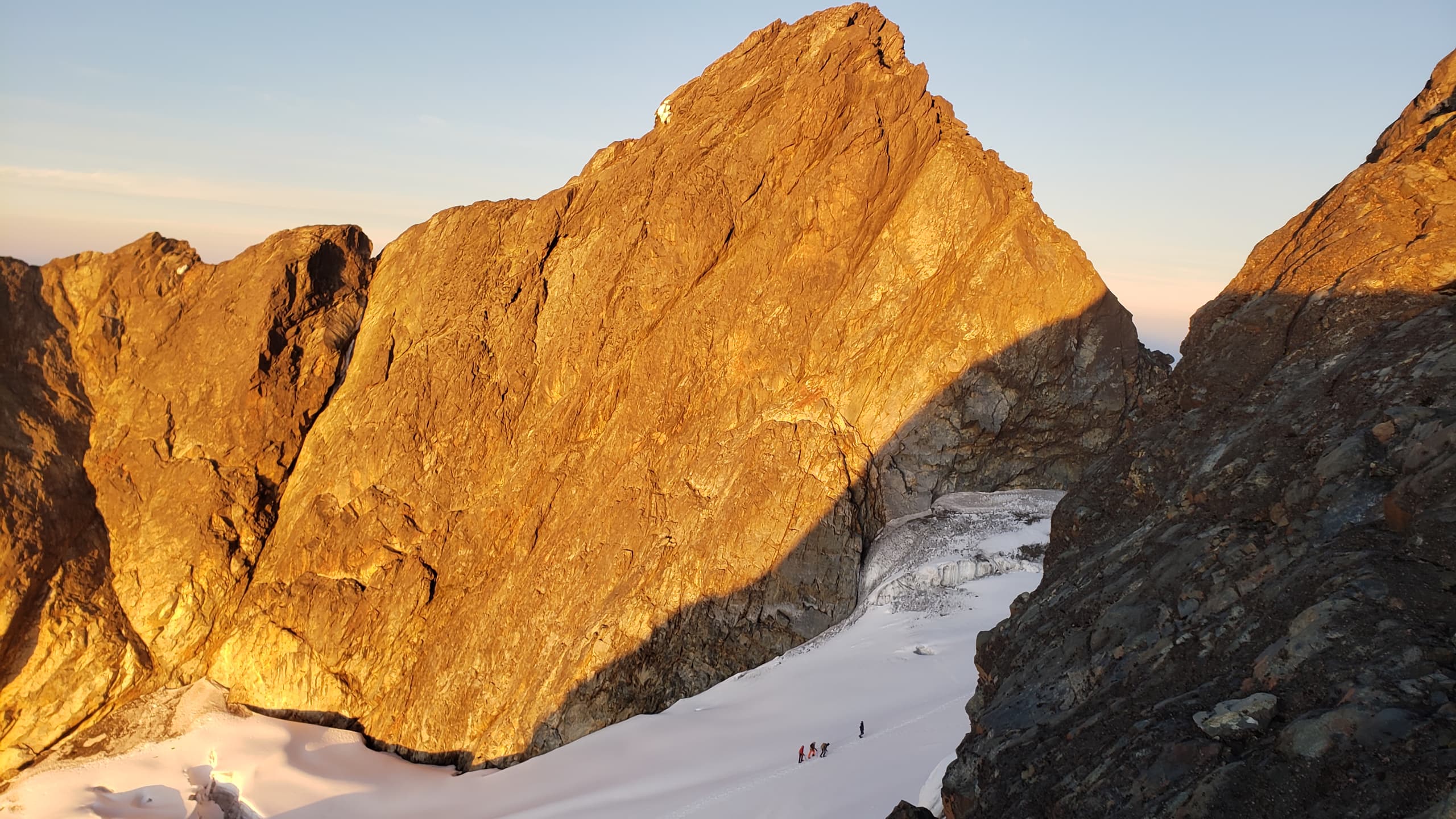What to Know Before You Go
Essential advice and insights for planning your trek in the Rwenzori Mountains, covering fitness, gear, what to expect on the trail, and how to embrace the challenge.

The journey of a thousand miles begins with a single step, but a trek through the bog begins with a good pair of gaiters.
By: Anonymous Wise Trekker
Understanding the Terrain
To truly prepare for the Rwenzori, you must understand what makes it unique. This is not a well-groomed trail. Your days will be spent navigating a fascinating but demanding obstacle course. You will clamber over slippery, moss-covered rocks on steep ridges, a test of balance and concentration. You will spend hours "bog-hopping"—leaning heavily on trekking poles and jumping between tussocks of grass to avoid the freezing, oozing mud below, a true test of endurance. Then, for the peak climbs, this transitions to navigating ancient glaciers and exposed rock scrambles. Embracing the messy, challenging nature of the terrain is the first step to a successful expedition.
The Right Gear: Your Key to Comfort and Safety
Your equipment can make or break your Rwenzori experience. Beyond standard trekking gear, specific items are non-negotiable. Waterproof, high-ankle hiking boots are essential for ankle support in the bog and on rocky trails. Quality gaiters are arguably just as important, acting as a critical barrier against the mud and water of the bogs. Multiple pairs of merino wool socks and moisture-wicking layers are vital for managing sweat and cold. For peak climbs, you must be prepared with technical mountaineering gear, including an ice axe, crampons, harness, and helmet, which can typically be rented from Rwenzori Mountaineering Services. Remember the mantra: "There is no such thing as bad weather, only inappropriate clothing."

